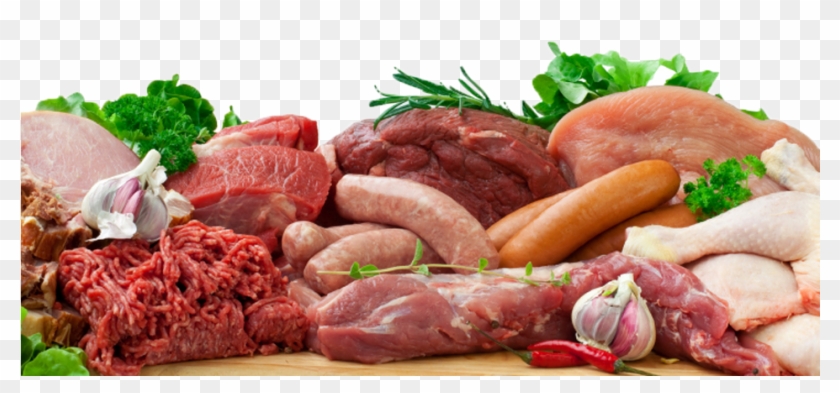Protein is required to increase and renew the nitrogenous components of the body. A primary function of dietary protein is as a source of essential amino acids and nitrogen for the synthesis of nonessential amino acids. Amino acids supply both nitrogen for the synthesis of all other nitrogenous compounds and energy when catabolized. Ten amino acids are essential in the diet of dogs: arginine, histidine, isoleucine, leucine, lysine, methionine, phenylalanine, threonine, tryptophan, and valine. Other nonessential amino acids may become conditionally essential when an animal has an underlying disorder that either interferes with synthesis of the amino acid or results in its excessive consumption or loss.
Protein requirements of dogs vary with age, activity level, temperament, life stage, health status, and protein quality of the diet. Most commercial dog foods contain a combination of plant- and animal-based proteins, with protein digestibilities of 75%–90%. Digestibility is less for plant protein ingredients, protein of poor biologic value, and for poor-quality diets. If excessive heat is used in processing, proteins can become chemically unavailable for digestion and absorption; however, these are not the types of temperatures typically used to produce commercial pet foods.
Healthy adult dogs need a minimum of 2.62 g of protein of high biologic value per kg metabolic body wt (ie, BWkg0.75)/day (NRC guidelines). Healthy puppies 4–14 wk old and >14 wk old need a minimum of 9.7 g and 12.5 g of protein of high biologic value per kg metabolic body wt/day, respectively. The biologic value of a protein is related to the number and types of essential amino acids it contains and to its digestibility and metabolizability. The higher the biologic value of a protein, the less protein is needed in the diet to supply the essential amino acid requirements. Egg has been given the highest biologic value, and organ and skeletal meats have a higher biologic value than plant-based proteins.
General guidelines for dietary protein requirements in dogs exist, but requirements vary depending on the digestibility of the protein in the diet. If an animal is consuming a diet containing predominantly plant protein sources, protein requirements may be higher than if the animal is consuming a diet containing predominantly animal protein sources. The dietary requirement for protein in healthy adult dogs is satisfied when the dog’s metabolic need for amino acids and nitrogen is satisfied. Optimal diets for growing puppies should contain a minimum of 22% protein as dry matter (AAFCO guidelines) or 45 g protein/1,000 kcal ME for puppies 4–14 wk old and 35 g protein/1,000 kcal ME for puppies >14 wk old (NRC guidelines). Adult dogs require a minimum of 18% protein as dry matter (AAFCO guidelines) or ~20 g protein/1,000 kcal of ME required (NRC guidelines).
Without sufficient energy from dietary fat or carbohydrate, dietary protein ordinarily used for growth or maintenance of body functions is less efficiently converted to energy. Too little high biologic protein in the diet, relative to the energy density, can cause an apparent protein deficiency.
Signs produced by protein deficiency or an improper protein: calorie ratio may include any or all of the following: reduced growth rates in puppies, anemia, weight loss, skeletal muscle atrophy, dull unkempt hair coat, anorexia, reproductive problems, persistent unresponsive parasitism or low-grade microbial infection, impaired protection via vaccination, rapid weight loss after injury or during disease, and failure to respond properly to treatment of injury or disease. High protein intakes per se do not cause skeletal abnormalities in dogs (including osteochondrosis in large breeds) or renal insufficiency later in life in dogs.
Source: https://www.merckvetmanual.com/management-and-nutrition/nutrition-small-animals/nutritional-requirements-and-related-diseases-of-small-animals





